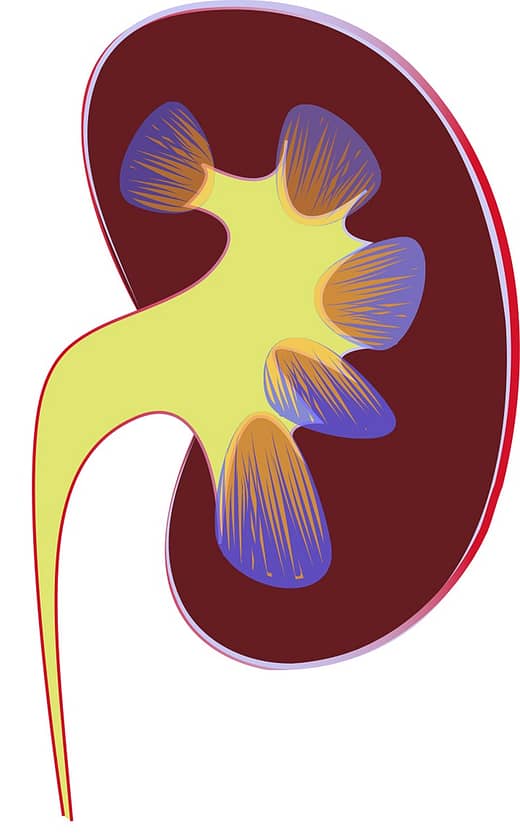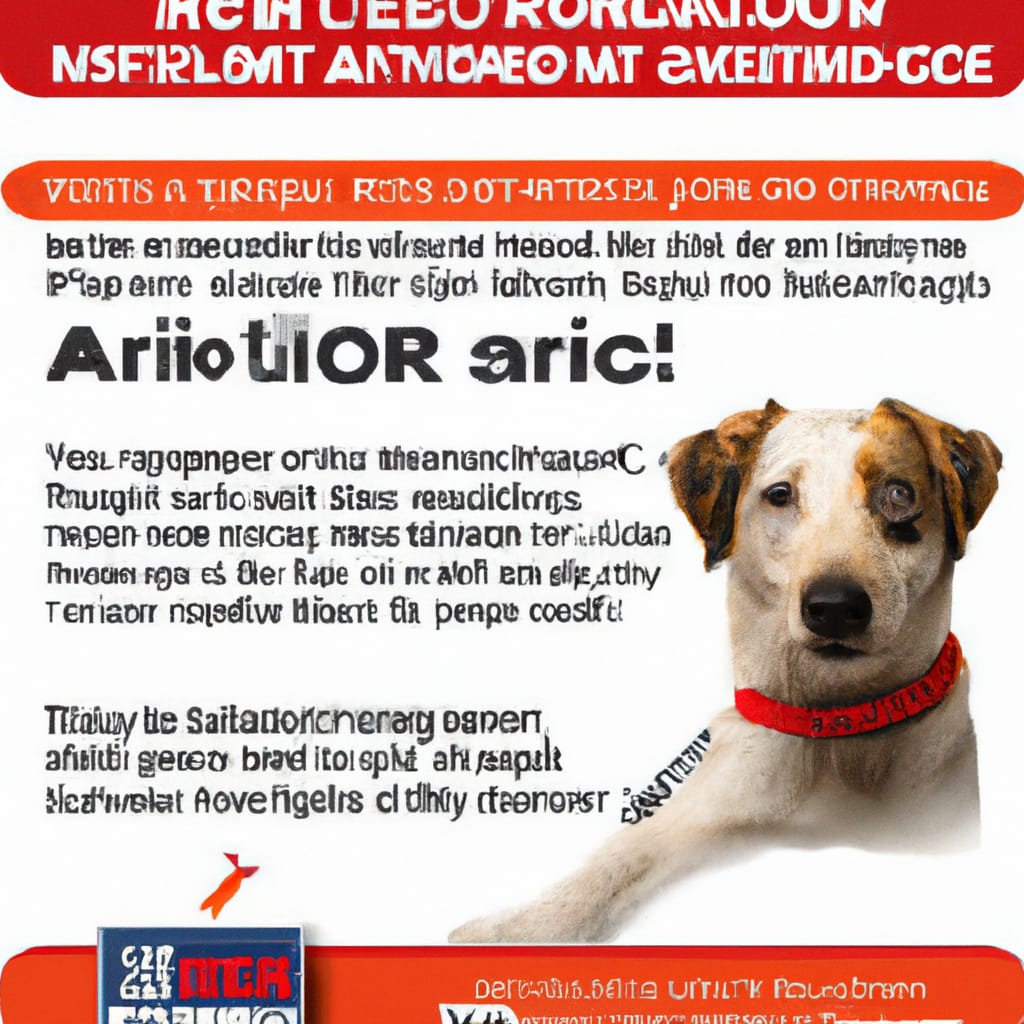Could Your Dog Have A UTI? Here’s What To Do
Imagine this scenario: you’ve noticed some unusual behavior in your furry friend lately and you can’t help but wonder if they might have a urinary tract infection (UTI). Don’t panic just yet! In this article, we’ll explore the signs and symptoms to look out for, as well as provide you with a helpful guide on what steps to take if you suspect your dog may be suffering from a UTI. So grab a cup of tea, get cozy with your four-legged companion, and let’s find out how you can tackle this somewhat pesky problem together.
Symptoms of a UTI in Dogs
If you suspect that your dog may have a urinary tract infection (UTI), it’s important to be aware of the common symptoms. By recognizing these signs, you can take the necessary steps to provide your furry friend with the appropriate care.
One of the most noticeable symptoms of a UTI in dogs is frequent urination. If you find that your dog is needing to relieve themselves more often than usual, it could be a sign of an underlying infection. Additionally, you might observe your dog experiencing straining or difficulty urinating. This can be an indication of inflammation or blockage in the urinary tract.
Another symptom to look out for is blood in the urine. If you notice any red or pink discoloration, it’s crucial to seek veterinary attention promptly. Additionally, a strong odor coming from your dog’s urine can also be a sign of a UTI. Lastly, if your dog starts having accidents in the house despite being house-trained, it could be attributed to a urinary tract infection.
Causes of UTIs in Dogs
Understanding the potential causes of UTIs in dogs can help you in preventing and addressing this health issue. UTIs in dogs can be caused by various factors, including bacterial infections. Bacteria, such as Escherichia coli, can ascend the urinary tract and cause infection. Additionally, bladder stones can lead to the development of UTIs as they create an environment that is conducive to bacterial growth.
A weak immune system can also make dogs more susceptible to UTIs. When the immune system is compromised, it is unable to effectively fight off bacteria, leading to an increased risk of infections. Incontinence and hormonal imbalances, commonly seen in older dogs, can contribute to recurring UTIs. Lastly, diabetes can make dogs more prone to urinary tract infections due to the higher sugar content in their urine.

Diagnosing a UTI in Dogs
If you suspect that your dog has a UTI, it’s essential to have them properly diagnosed by a veterinarian. The veterinarian will conduct a thorough examination to determine the underlying cause of the symptoms. During the physical examination, the vet will assess your dog’s overall health and check for any abnormalities in the urinary system.
To confirm the presence of a UTI, a urinalysis will be performed. This involves analyzing a sample of your dog’s urine to identify any signs of infection, such as the presence of bacteria, white blood cells, or red blood cells. In some cases, a urine culture may also be necessary to identify the specific strain of bacteria causing the infection.
Depending on the severity of the infection or any complicating factors, additional tests may be required. These tests could include imaging studies, such as x-rays or ultrasound, to assess the condition of the urinary system, as well as blood tests to evaluate your dog’s overall health.
Treatment Options for Canine UTIs
Once a UTI has been diagnosed, your veterinarian will recommend a suitable treatment plan for your dog. The treatment options for canine UTIs typically involve a combination of medications and lifestyle changes.
Antibiotics are often prescribed to help eliminate the bacterial infection causing the UTI. It’s crucial to administer the prescribed antibiotics for the full duration of the treatment to ensure the infection is completely eradicated. Additionally, increasing your dog’s water intake can help flush out bacteria from the urinary system.
In some cases, dietary changes may be beneficial in managing and preventing UTIs. Your veterinarian may recommend a special diet that promotes urinary health and helps prevent the formation of bladder stones. Supplements, such as probiotics or cranberry extract, may also be recommended to support urinary tract health.
In more severe cases or if there are underlying conditions, surgical intervention may be necessary. This could involve the removal of bladder stones or addressing any anatomical abnormalities that contribute to UTIs.

Preventing UTIs in Dogs
Taking proactive measures to prevent UTIs in dogs can help ensure their urinary tract health. Maintaining proper hygiene is essential, especially when it comes to female dogs. Regularly cleaning the genital area can help prevent the buildup of bacteria.
Ensuring your dog stays properly hydrated is also crucial in preventing UTIs. Make sure clean and fresh water is always available for your furry companion. Regular bathroom breaks are important to allow your dog to empty their bladder frequently, reducing the risk of urinary tract infections.
Avoiding excessive use of antibiotics is also important as it can disrupt the natural balance of bacteria in the urinary tract. Consult with your veterinarian to determine the appropriate use of antibiotics for your dog’s specific condition.
When to See a Vet
While some mild UTIs may resolve on their own, it’s important to seek veterinary care if you notice persistent or worsening symptoms. If your dog experiences recurrent UTIs, it could be a sign of an underlying issue that needs further investigation. The presence of blood in the urine is also a red flag that should prompt a visit to the vet. Additionally, if you have any concerns or questions about the treatment options for your dog’s UTI, it’s best to consult with a veterinarian for guidance and support.

FAQs about UTIs in Dogs
Can UTIs be contagious from dogs to humans? No, UTIs in dogs are typically caused by bacteria specific to the canine urinary tract and are not contagious to humans. However, maintaining good hygiene when handling your dog’s urine is always recommended.
Can female dogs get UTIs? Yes, female dogs can get UTIs just like male dogs. In fact, female dogs are more prone to UTIs due to their shorter urethra, which makes it easier for bacteria to enter the urinary tract.
Can UTIs be prevented through vaccination? Currently, there is no vaccine available specifically for the prevention of UTIs in dogs. However, maintaining good overall health and implementing preventative measures, such as proper hygiene and regular bathroom breaks, can greatly reduce the risk of UTIs.
Can a UTI go away on its own? In some cases, mild UTIs in dogs may resolve without treatment. However, it’s always recommended to consult with a veterinarian to ensure appropriate diagnosis and treatment to prevent the infection from worsening or recurring.
Conclusion
Being attentive to the symptoms of a UTI in dogs is crucial for their well-being. By recognizing the signs and seeking veterinary care promptly, you can ensure that your furry companion receives timely treatment. Remember to practice preventive measures to reduce the risk of UTIs and consult with your vet for guidance and support. With your love and care, your dog can maintain a healthy urinary tract and enjoy a happy, infection-free life.













